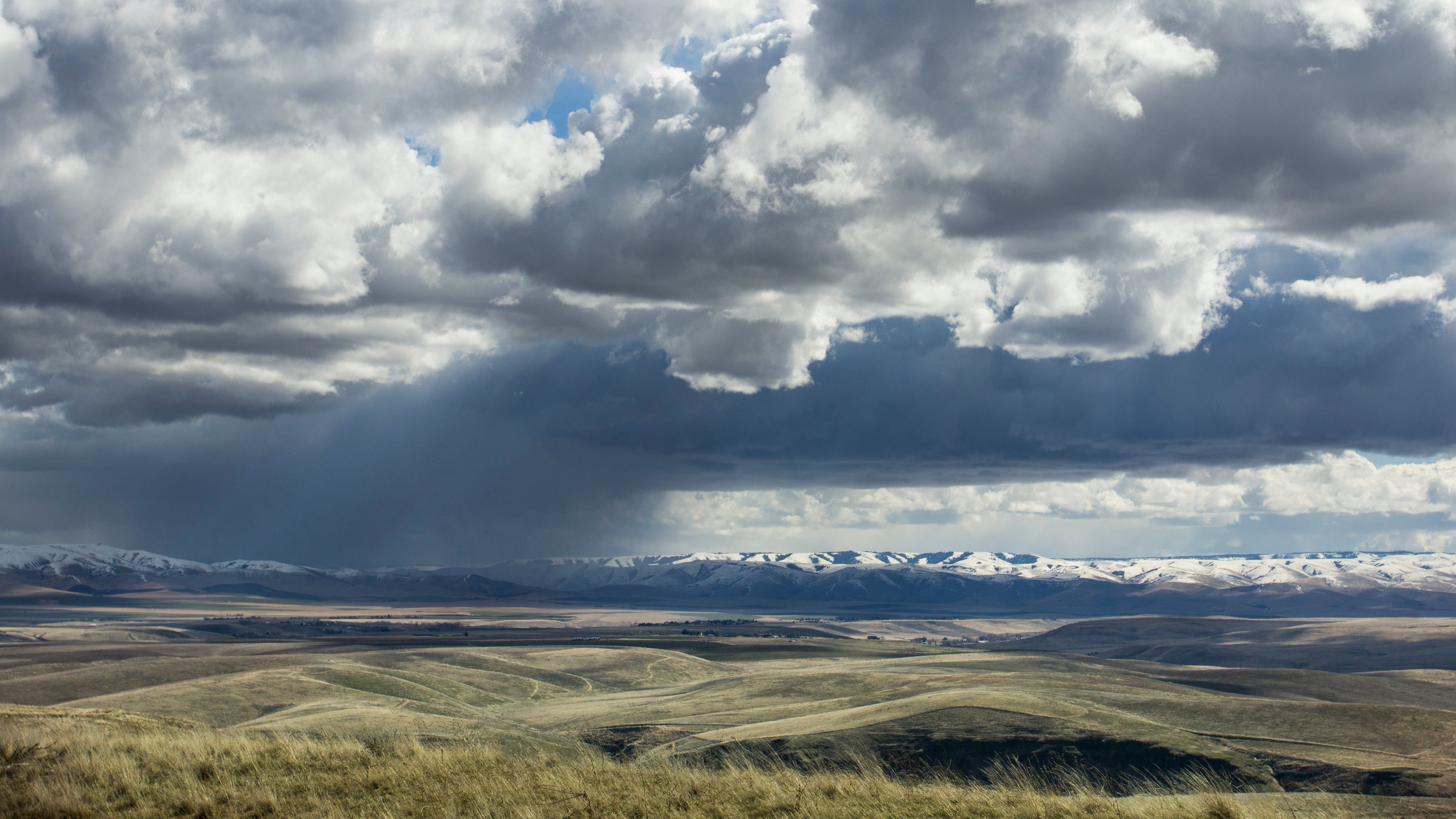A lot of bills died at the March 17 deadline in Salem. But among those still alive is Senate Bill 58, which would direct state officials to study whether cloud seeding could help alleviate dry conditions east of the Cascades.
At a March 15 public hearing on the bill before the Senate Natural Resources Committee, lawmakers learned that California, Colorado, Idaho, Utah and Wyoming already use silver iodide, which can be dropped into clouds or burned on the ground to generate extra precipitation.
Although there is still debate about how effective the process is, recent experiments in the West have shown that seeding can increase precipitation meaningfully.
That’s appealing to the agriculture industry in Central Oregon, which, according to a federal drought monitoring map, is currently the epicenter of the driest conditions in the Western states. (China and the United Arab Emirates, among other parched countries, are also aggressively pursuing cloud seeding.)
Although much of Oregon is dry, Central Oregon counties centered on Jefferson and Crook counties have been particularly hard hit, officials testified last week, with one local irrigation district there experiencing the lowest water levels in its 78-year history.
“Cloud seeding could be a much-needed tool to combat drought,” the bill’s chief sponsor, state Sen. Lynn Findley (R-Vale), told his colleagues. “SB 58 can be the first step in improving hydrologic conditions across Oregon.”
The bill would only require a study—not actual seeding yet, although Idaho, as one example, has been seeding clouds for decades already. (Proponents says silver iodide is inert and harmless.)
The only opposition to the bill last week came from the Oregon Trial Lawyers Association, which objected to a section of the bill that would “limit property owners’ rights to hold the Water Resources Department or cloud seeding operations accountable for certain harms the program might cause.” If that section were to be removed, OTLA lobbyist Arthur Towers testified, his group would be neutral on the bill.
SB 58 is scheduled for a possible work session March 27.

